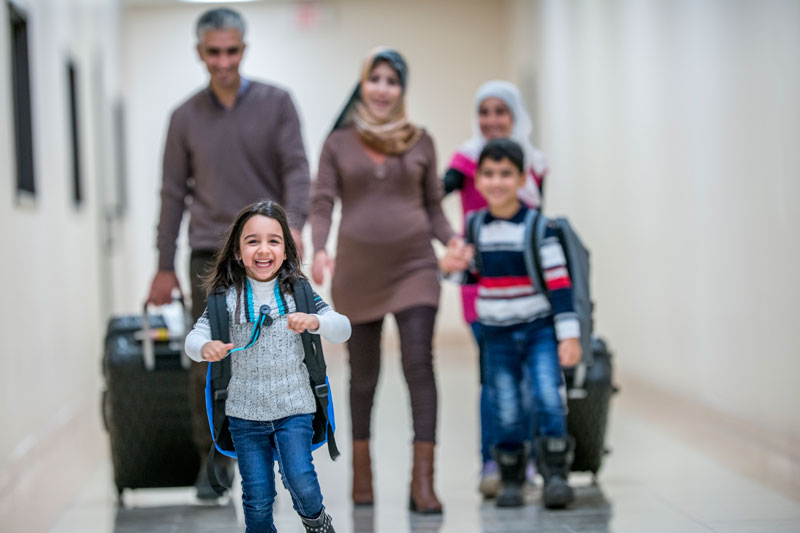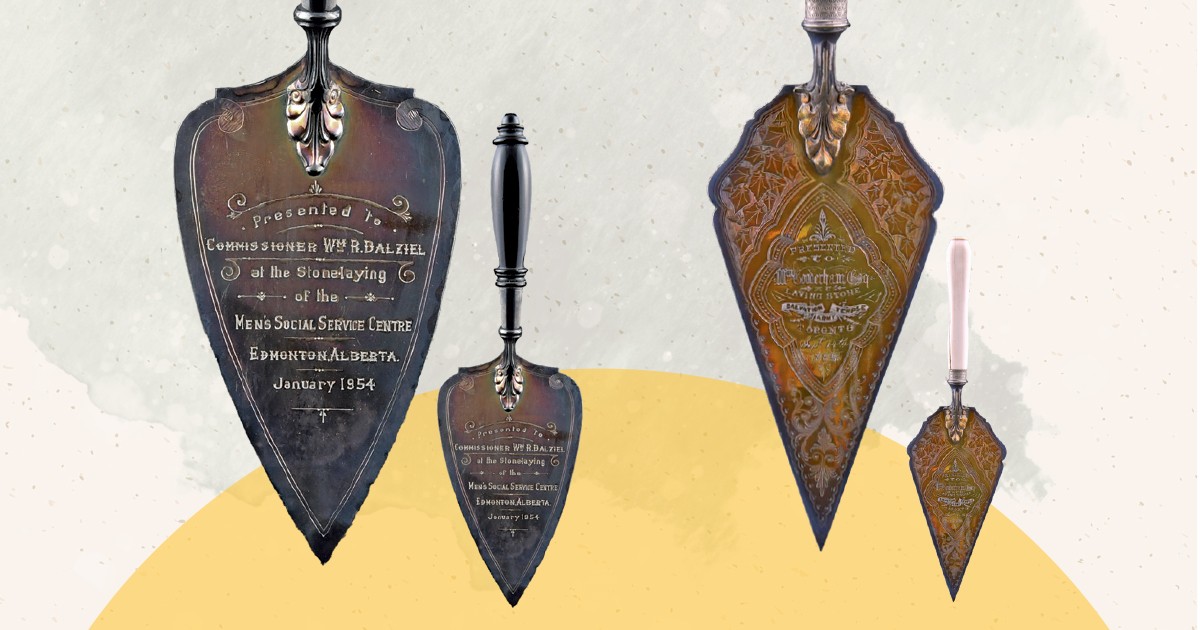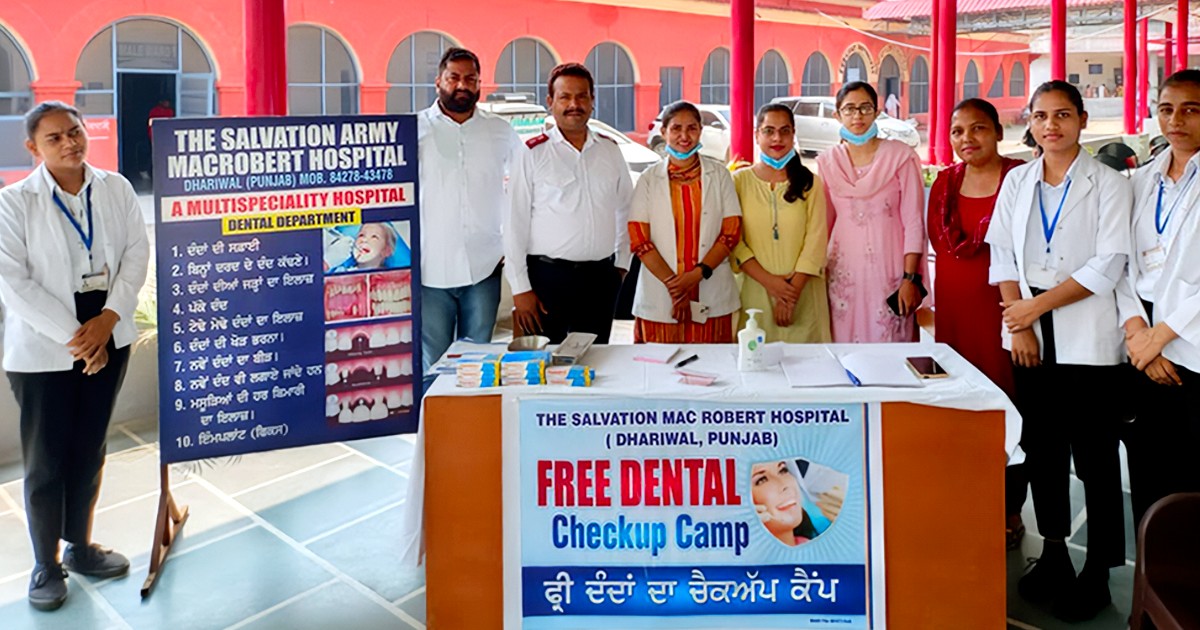Imagine you have been living in a refugee camp in Sudan for the past four years. You had to flee your home with just the bare essentials. You’ve been cooking over an open fire, living in a flimsy tent with just a thin blanket to keep warm, trying to protect your family from the elements and from those in the camp who would exploit them.
Then one day, a worker from the UNHCR (United Nations High Commissioner for Refugees) says you have been selected for resettlement. You’ve been matched with a Salvation Army corps in Canada as a sponsor and will be able to start over in a new home. It’s exciting, but also scary. Will the people be friendly? Will you be safe there?
Or perhaps you grew up in a safe country. You were educated at a good school, had a good job and were living a good life, until the government was overthrown, causing a civil war. You fled the bombs dropping all around you. When you were offered a job in a neighbouring country, you jumped at the chance. The terms seemed reasonable. You thought you were going to be one of the lucky ones.
But the employer ends up paying you only a fraction of what was promised, demanding longer hours and threatening to have you deported if you don’t submit to whatever is asked of you. Your temporary resident permit is linked to this employer. You can’t leave, you can’t work for anyone else. You are stuck there.
Until one day, a relative in Canada calls to say The Salvation Army is helping them sponsor you. It’s a long process, but you have hope again. And when you get the news you can come, you’re relieved, but nervous. Will you be taken advantage of again? Will you be safe there?
In the past four years, Canada has welcomed a record number of refugees through the government-assisted refugees program, the blended visa office-referred program and the private sponsorship of refugees program. We have become the global leader in refugee resettlement.
Many of those resettled refugees have found their way to The Salvation Army—to our community and family services, who help them find food and clothing when they first arrive; to our immigrant and refugee services, who help them fill out applications for Canadian documents and learn job skills; to our churches, who open up their doors for games nights and spring carnivals, and help them make friends in their new community.
There are so many stories of Salvationists coming alongside refugee newcomers, learning about their food, culture and traditions, and letting their hearts be broken open as they share the love of God with people who may have a lot of questions about where God was in all the pain.
This year, three additional corps will join those who have made bold commitments to support a family during their first year in Canada through the private sponsorship of refugees program. It’s exciting to see more people becoming involved in this ministry area.
While it’s important to be aware of the practical and financial aspects of refugee sponsorship before getting involved, what’s most important is the emotional support that sponsors offer to newcomers. It’s really about being a friend. It’s about coming alongside someone who has already been through so much, and helping them navigate a new and unfamiliar country, making it just a little easier to feel at home.
Paula Marshall is the immigrant and refugee services liaison for the Canada and Bermuda Territory. For more information about refugee sponsorship, contact refugee_services@can.salvationarmy.org.
Photo: FatCamera/iStock via Getty Images










Leave a Comment